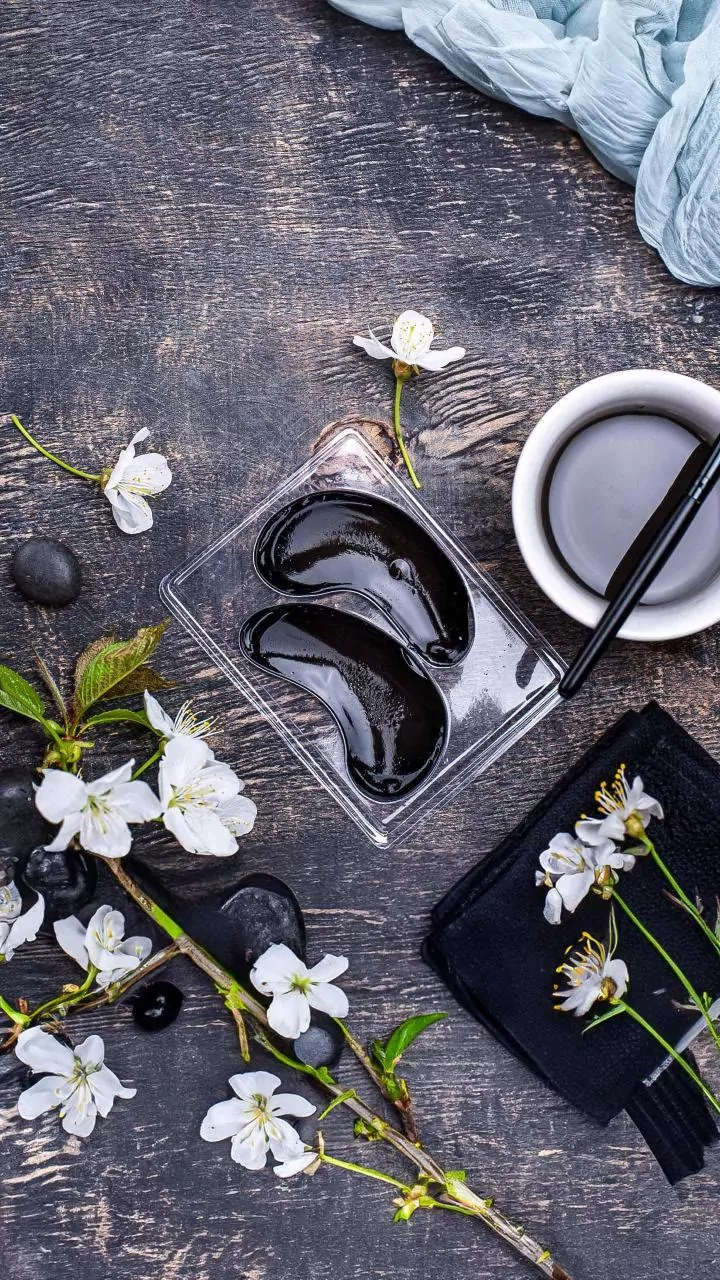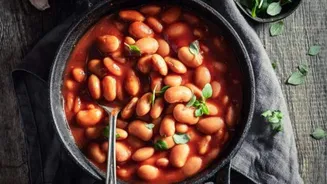Introduction to Winter Skin
Winter brings a set of challenges for our skin. The cold air outside, combined with the dry heat indoors, can strip away moisture, leaving skin feeling
dry, flaky, and dull. This loss of moisture compromises the skin's protective barrier, making it more susceptible to irritation and damage. Understanding these effects is the first step in building an effective skincare routine. By incorporating nutrient-rich foods, such as certain fruits, into your diet, you can combat these effects from the inside out. These fruits provide essential vitamins, antioxidants, and hydration to help skin thrive. The fruits discussed in this guide are not only beneficial for your skin but are also easily available and enjoyable to eat, making them a simple addition to your winter wellness regimen. Their diverse nutrient profiles offer comprehensive support, from fighting free radicals to boosting collagen production. This proactive approach helps maintain skin health and appearance throughout the winter months, ensuring you maintain a radiant complexion.
Pomegranate's Antioxidant Boost
Pomegranates are packed with antioxidants, which are your skin's best friends when facing winter. Antioxidants fight against free radicals, unstable molecules that can damage skin cells and lead to premature aging. Free radicals are rampant in the environment, triggered by everything from pollution to UV rays, making antioxidants crucial. Pomegranates contain compounds like punicalagins, known for their potent antioxidant activity. Consuming pomegranates helps protect skin cells from oxidative stress, preserving their health and vitality. The antioxidants in pomegranates also promote improved blood flow to the skin, enhancing its natural glow. Improved circulation delivers essential nutrients and oxygen to the skin cells, which can rejuvenate and brighten your complexion. In addition to their antioxidant properties, pomegranates are also known for their anti-inflammatory benefits. This is particularly helpful during winter when skin is more vulnerable to inflammation due to dryness and environmental factors. Pomegranates are easy to incorporate into your diet. You can eat the seeds as a snack, add them to salads, or enjoy them as a juice. By including pomegranates, you're giving your skin a powerful defense against winter's harsh effects and helping maintain a youthful appearance.
Papaya's Exfoliating Power
Papaya is a tropical delight, renowned not only for its delicious taste but also for its skin-enhancing properties. One of the key benefits of papaya is its natural exfoliating ability, thanks to the enzyme papain. Papain gently removes dead skin cells, promoting a smoother, brighter complexion. This natural exfoliation is especially valuable during winter, when dead skin cells accumulate and can make skin look dull and flaky. By removing these dead cells, papaya helps to reveal the fresh, radiant skin underneath. Papaya also contains essential vitamins like vitamin A and vitamin C, vital for maintaining healthy skin. Vitamin A supports skin cell turnover, which is essential for keeping skin fresh. Vitamin C is a powerful antioxidant that protects against free radical damage, supporting collagen production and reducing signs of aging. The regular consumption of papaya ensures the skin has the building blocks to maintain its resilience, and it helps combat the harsh effects of winter conditions. Whether enjoyed fresh or incorporated into smoothies, papaya contributes to overall skin health, providing a natural way to revitalize your complexion.
Guava's Collagen Boost
Guava, a tropical fruit rich in vitamin C, plays a crucial role in supporting collagen production, which is essential for maintaining firm, youthful skin. Collagen is a protein that provides structure to the skin, keeping it plump and elastic. Vitamin C is a key nutrient that supports collagen synthesis, making guava an excellent fruit for skin health. During winter, the skin may experience a reduction in collagen levels due to various environmental factors. Consuming guava can help to replenish and maintain these levels. In addition to vitamin C, guava also contains antioxidants that protect the skin from damage caused by free radicals. These antioxidants work to neutralize unstable molecules that can harm skin cells and lead to premature aging. The consumption of guava offers a natural way to protect and support skin health. This fruit is not only beneficial for its nutritional benefits but also for its taste and versatility. It can be enjoyed as a snack or added to salads and juices. Regular consumption of guava helps ensure your skin remains healthy, firm, and radiant throughout the winter.
Sweet Lime for Hydration
Sweet lime, or mosambi, is an excellent choice for maintaining skin hydration during the dry winter months. Proper hydration is important, and mosambi offers an internal and external approach to healthy skin. Sweet lime is packed with water, which is essential for keeping skin cells plump and hydrated. It contains essential vitamins and minerals that support the skin's ability to retain moisture and maintain its elasticity. Winter often brings dry air, which can cause the skin to lose moisture rapidly. Consuming sweet lime can help combat this by providing the body with essential fluids to keep the skin hydrated. It is a rich source of vitamin C, an essential nutrient for promoting collagen production and protecting the skin from environmental damage. The antioxidants in sweet lime help to combat free radicals, and these unstable molecules can harm the skin and accelerate aging. Enjoying sweet lime as a juice or a refreshing snack provides a delicious way to enhance your skin's hydration. Sweet lime is also known for its mild, pleasant taste, making it a versatile and refreshing addition to your diet. By incorporating sweet lime into your routine, you can help your skin stay moisturized, healthy, and glowing even in the harshest winter conditions.




















